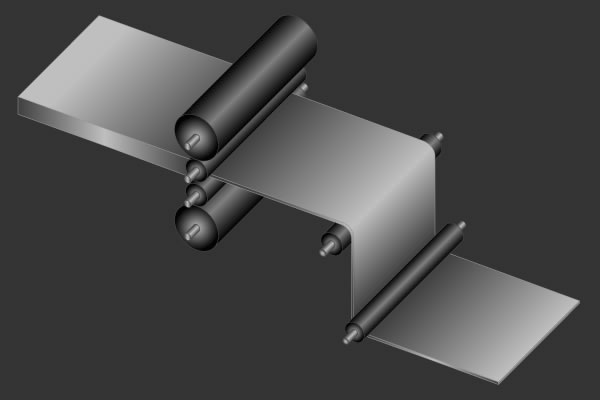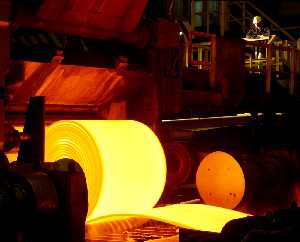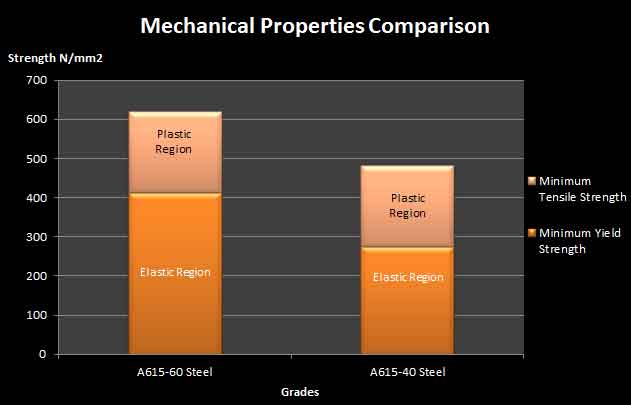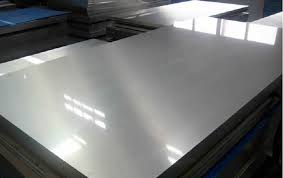Air Core Inductor – Benefits & Applications
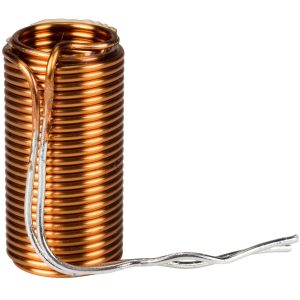 What are Air Core Inductors? An inductor is a widely used electric component which operates on the principles of electromagnetism to store energy in the form of a magnetic field as a result of electric current passing through it. If the current passing through it changes, the magnetic field changes which in turn causes and emf to be generated according to Faradays law of electromagnetic induction. The nature of this emf is always such that it opposes the change that created it as stated by the Lenz law. This means that an inductor tends to oppose any changes in the current flowing in a circuit. Therefore inductors which work with core of air other than ferromangnetic core are called as air core inductors.
What are Air Core Inductors? An inductor is a widely used electric component which operates on the principles of electromagnetism to store energy in the form of a magnetic field as a result of electric current passing through it. If the current passing through it changes, the magnetic field changes which in turn causes and emf to be generated according to Faradays law of electromagnetic induction. The nature of this emf is always such that it opposes the change that created it as stated by the Lenz law. This means that an inductor tends to oppose any changes in the current flowing in a circuit. Therefore inductors which work with core of air other than ferromangnetic core are called as air core inductors.
Construction of Air Core Inductors: An inductor is normally created by winding a wire or similar conductor in a coil. A conductor is also placed inside the coil to increase the inductance. An Air core inductor is one that does not include a ferromagnetic core. The term is used to represent inductors which only have air inside or consists of the wire coiled around a non conducting material such as PTFE or glass.
Advantages & Benefits: Air Core conductors have an advantage over conventional ferromagnetic core inductors that the inductance of the air core conductor does not depend upon the value of current it carries and also eliminates the iron losses from magnetic cores. They can also work at higher frequencies than normal due to lower losses and distortion. However the inductance for a coil is low since there is no magnification because of the core so a larger coil needs to be built to achieve a given inductance level. For this purpose they are widely used in high frequency applications where low inductance is required.



